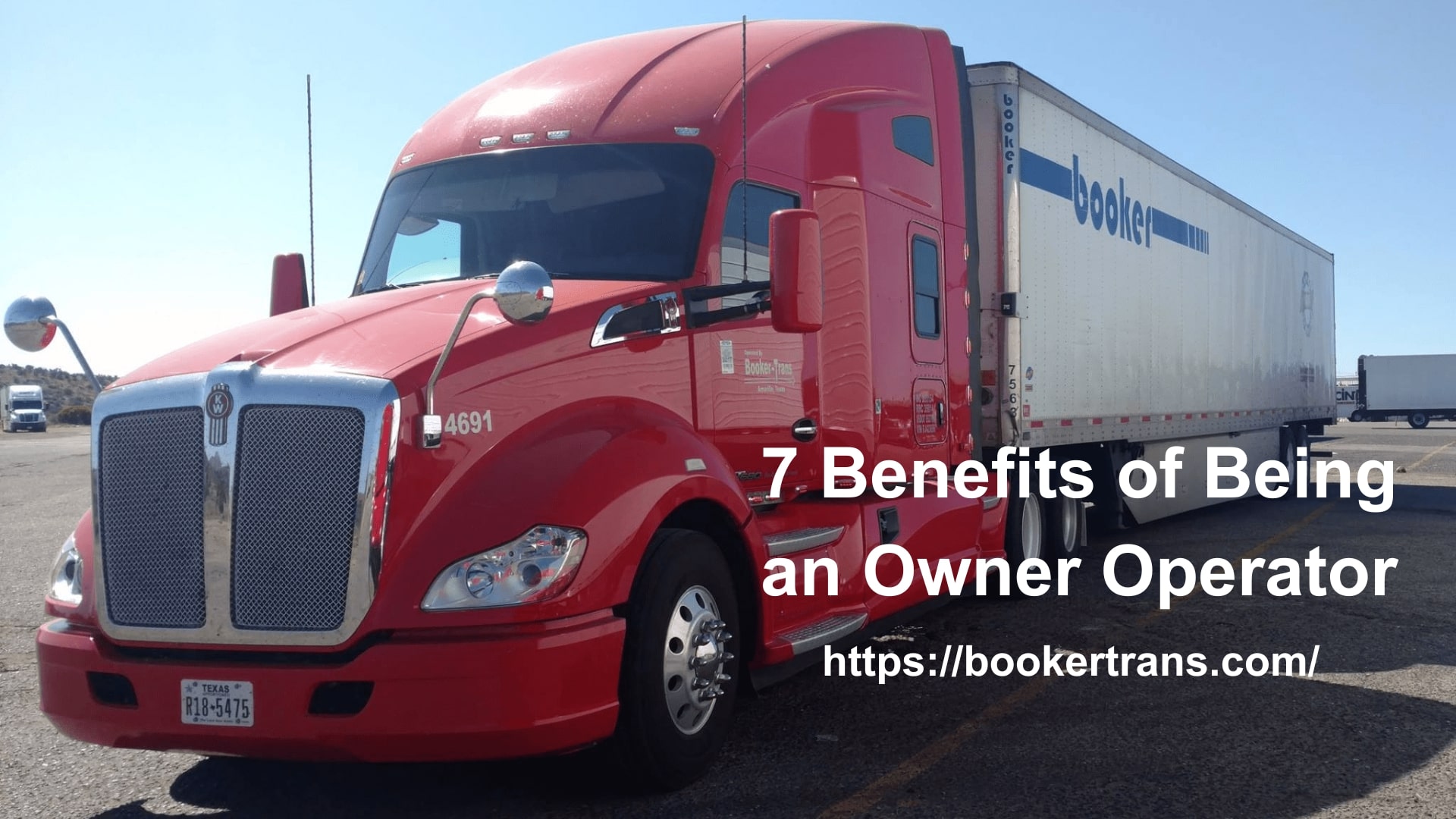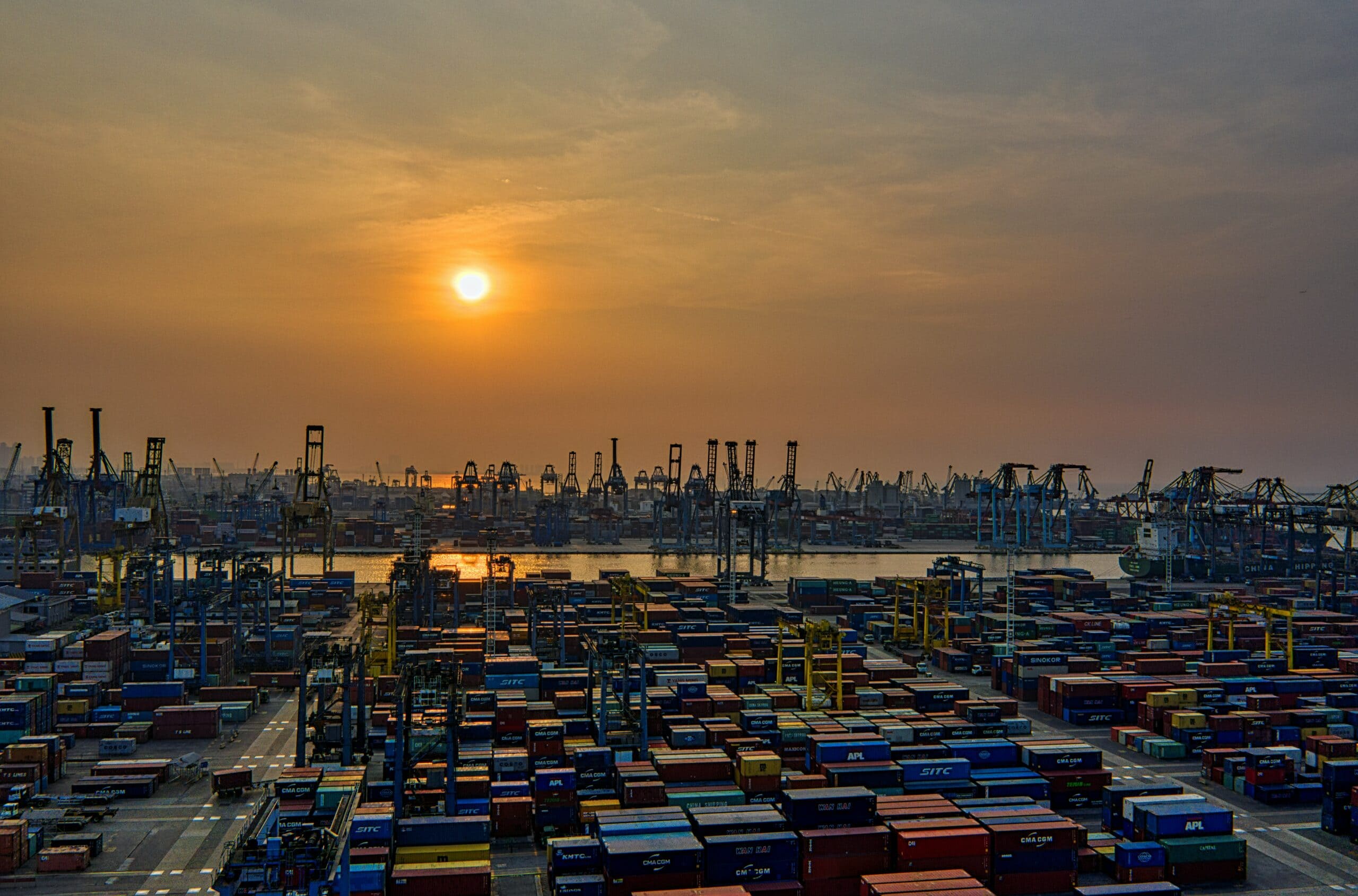The trucking industry plays a vital role in the economy. This results in transporting goods across vast distances and connecting businesses with customers. Commercial truck drivers are at the center of this industry. They ensure the products reach their destination on time by crossing highways or long distances. These drivers spend countless hours on the road, traversing through different terrains and weather conditions, all while ensuring that their cargo reaches its destination safely and on time. The journey of a commercial truck driver is not only physically demanding but also requires a great deal of mental and emotional strength.
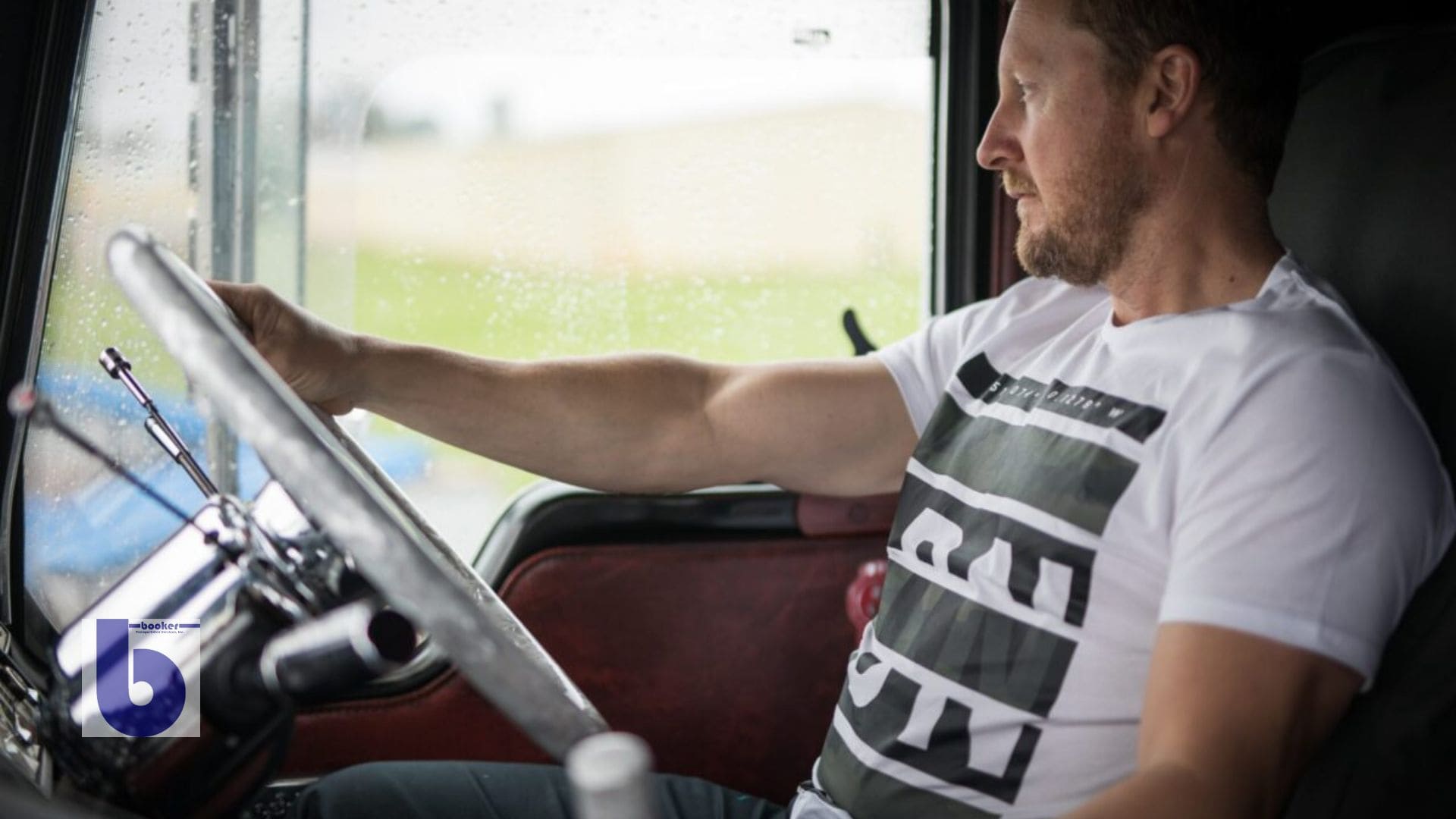
Becoming a commercial truck driver
Truck drivers are very responsible person. So they must fulfill some essential requirements before going down the road. Becoming a commercial truck driver involves meeting specific licensing and training requirements. Not only truck drivers but also all drivers need to take driving training. This is the first step of being a driver. The second step is valid driving licensing. Without valid driving licensing, a driver can’t move anywhere. Driving licenses can be of different types depending on the type of vehicle. Like private cars, buses, and trucks. A commercial driver’s license (CDL) allows individuals to operate commercial vehicles.
A commercial driver’s license (CDL) allows individuals to operate commercial vehicles. CDLs have different classifications based on the type of vehicle and cargo, such as class A, B, and C. Prospective drivers can enroll in trucking schools or training programs to acquire the necessary knowledge and skills. Some may also choose apprenticeships or on-the-job training opportunities to gain practical experience.
Life on the road
Commercial truck drivers’ life is full of challenges. They continue to do their work for a long time. But they have different options when it comes to their work environment. Long-haul trucking involves traveling long distances, sometimes crossing state lines, while regional trucking allows drivers to focus on a specific geographic area. The nature of their work often leads to irregular working hours and schedules, as drivers need to meet delivery deadlines. Life on the road can be challenging, with extended hours behind the wheel and time away from home. But it also offers unique rewards, including the opportunity to explore new places and enjoy the freedom of the open road.
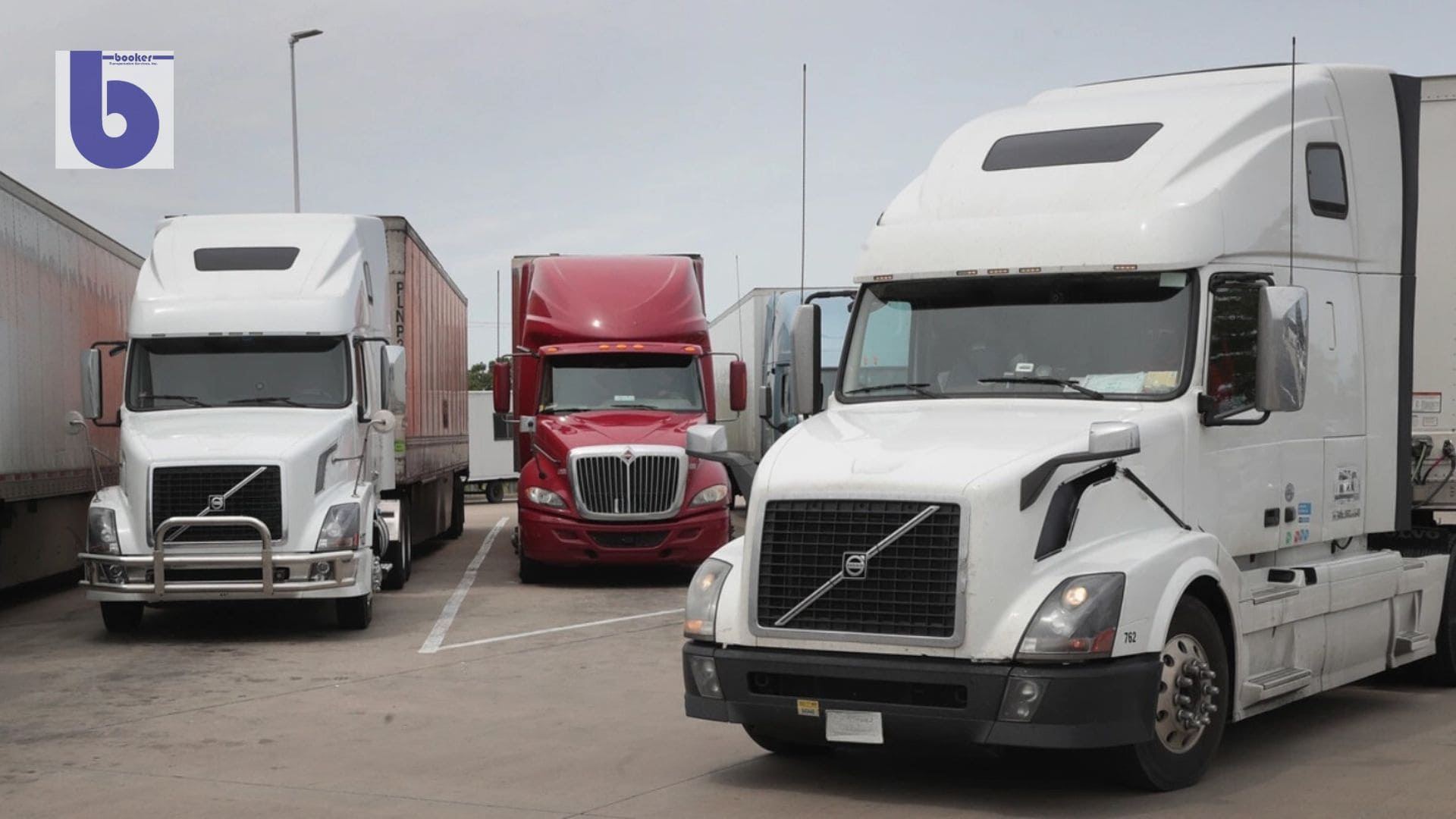
Responsibilities of a Commercial Truck Driver
A truck driver is responsible for ensuring safe and efficient transportation Service of goods over long distances. A driver’s primary responsibility is to operate a vehicle safely and legally while complying with the regulations that govern the transportation industry. He is also responsible for maintaining the truck in good working condition, planning the route based on the delivery schedule and traffic requirements, and loading and unloading the necessary goods or products. Additionally, they must complete required paperwork, communicate effectively with other team members and customers, adhere to company policies and procedures, record metrics such as hours worked and fuel consumption, and safely handle hazardous materials when applicable.
Safety and Professionalism
Commercial truck drivers or independent truck drivers must prioritize defensive driving techniques. Because safety is paramount in the trucking industry. They should be vigilant, constantly scanning the road and anticipating potential hazards. Adapting to various road conditions, such as inclement weather or construction zones, requires high skill and attentiveness. Managing fatigue and stress is crucial for the driver’s well-being and safety. Effective communication and positive interactions with other drivers, pedestrians, and shipping personnel contribute to a professional image and a smoother workflow.
Advancement and Career Opportunities
Today’s world is changing rapidly, and keeping pace with it, people’s advancement and career opportunities have become essential aspects of professional growth and success. As commercial truck drivers gain experience and build their reputation, various advancement and career opportunities become available.
Some drivers specialize in specific types of cargo, such as hazardous materials or refrigerated goods. Others may aspire to become owner operator, run trucking businesses, or work as independent contractors. Opportunities for those interested in transitioning from driving, management, or dispatching may arise.
Truck drivers with a strong understanding of logistics and transportation management understanding can explore dispatching or logistics coordination opportunities. These roles involve coordinating schedules, managing routes, and ensuring efficient delivery operations. Dispatchers and logistics coordinators are crucial in optimizing resources, minimizing delays, and providing excellent customer service.
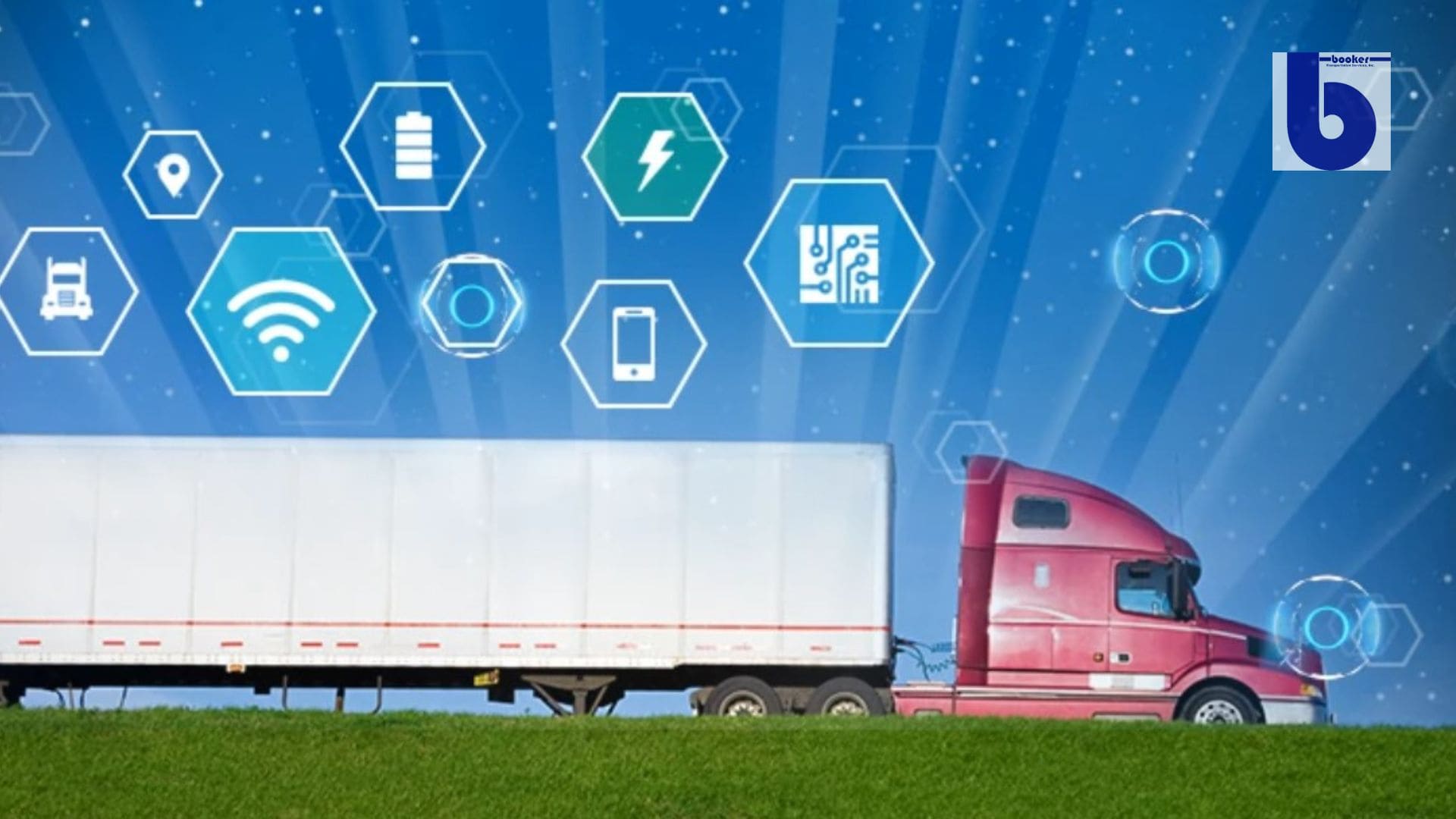
Technology in the Trucking Industry
Many types of technology have emerged for trucking company today. The trucking industry is expanding thanks to this technology. Global Positioning System (GPS) technology allows drivers to navigate unfamiliar territory and find the most efficient route to their destination.
Telematics and fleet management systems have revolutionized the way trucking companies operate. These systems collect vehicle data and provide real-time insights into driver behavior, vehicle performance, fuel efficiency, and maintenance requirements.
Advances in autonomous trucking technology are likely to reshape the industry in the coming years. Although fully autonomous trucks have yet to be widely deployed, self-driving features such as adaptive cruise control and lane-keeping assist are becoming more common.
Types of Commercial Truck Driving Jobs
Commercial truck driving job types can be divided into several categories: long-distance driving, short-distance driving, local and regional driving, etc.
Long-haul drivers are involved in transporting goods over long distances. These drivers often cross state lines or even cross entire countries. Long-haul drivers typically drive heavy-duty trucks and may spend days or weeks away from home.
Local and regional driving positions are available for those staying closer to home. Local drivers usually operate within a specific area, making deliveries and pickups in their local region. Regional drivers cover a broader geographical area, typically within a particular state or group of states.
On the other hand, Specialized hauling involves transporting unique or sensitive cargo that requires specialized equipment and handling. This can include transporting hazardous materials, oversized loads, or temperature-controlled items such as perishable goods. Specialized haulers often require additional training and endorsements on their CDL to ensure they can safely handle the specific requirements of the cargo they transport.
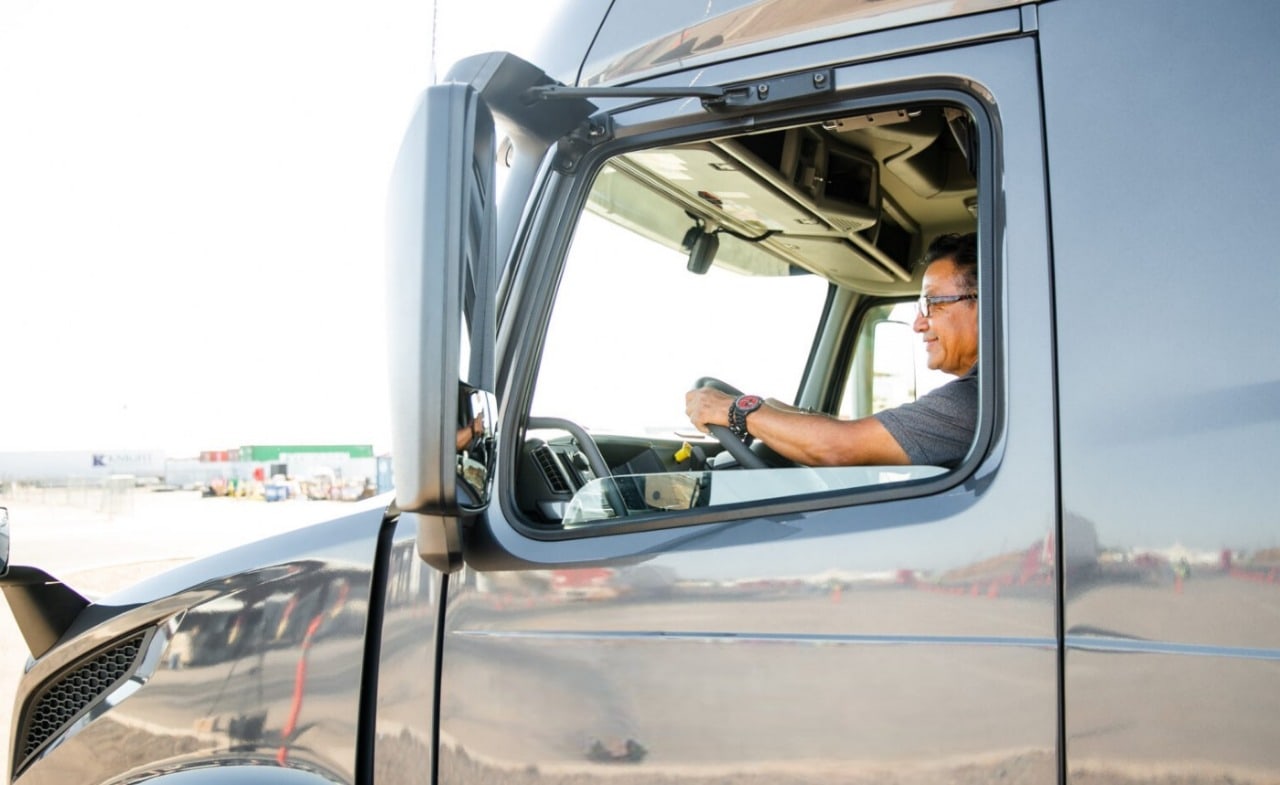
The Impact on Commercial Truck Drivers
Commercial truck drivers play an essential role in the economy, politics, and environment. They are responsible for delivering goods and supplies to businesses and consumers, ensuring that products are available when and where they are needed. Without the efforts of these drivers, industries such as retail, manufacturing, and healthcare would suffer from supply chain disruptions. Which plays a significant impact on the economy.
Such drivers also impact the political field. People could only meet their needs if commercial truck drivers delivered goods or supplies on time. This will lead to political instability in the country.
While commercial trucking is essential for our economy but has environmental implications. The industry has been actively exploring ways to reduce its carbon footprint through initiatives such as alternative fuels, aerodynamic truck designs, and electric vehicle adoption. Efforts to improve fuel efficiency and lower emissions are vital in mitigating the environmental impact of commercial trucking.
The Future of Commercial Trucking
As technology evolves, the business sends goods or supplies from one place to another to meet demand. The use of truck companies is increasing to meet this demand. The trucking industry constantly evolves, driven by technological advances, environmental concerns, and changing regulations.
Such as GPS tracking and electronic logging devices, improve and enhance security. Automation with self-tracking has led to revolutionizing the industry, but its adoption is still early. Sustainability is a key focus, including reducing emissions and exploring alternative energy sources. Specifically, the introduced regulations and ordinances for future commercial trucking address driver safety, system design, and infrastructure development issues.
Conclusion
A commercial truck driver’s journey involves challenges, rewards, and growth opportunities. From the initial steps of obtaining a CDL to the responsibilities of ensuring safe transport and the prospects for advancement, commercial truck drivers play a vital role in keeping the wheels of commerce turning. As the industry continues to evolve, embracing technology, sustainability, and changing regulations, the future of commercial trucking holds both excitement and uncertainty. Through it all, these drivers’ dedication and professionalism remain the industry’s backbone.
About Booker Transportation
Booker Trans is 100% Owner Operator. It is our belief that an Independent Owner is the best way to get a customers freight delivered timely and safely. Booker is a leading Refrigerated Carrier providing the best lease options in the industry for today’s Owner Operators. Monthly and Yearly Awards, Longevity Bonuses, and the Free tires for Life of Lease Program, are just a few examples of what Booker Trans offers the Owner Operator. Booker Trans has built it’s success upon working partnerships with Customers, as well as Agency Relationships built over the last 20 years. Those same relationships are what makes consistent year round freight possible.
Are you interested in becoming an owner operator driver or getting into the logistics industry?
Let’s connect!Owner Operators should be prepared for Cellular Service outages!
03/06/2024

Owner Operators essential checklist for loading produce!
02/05/2024
